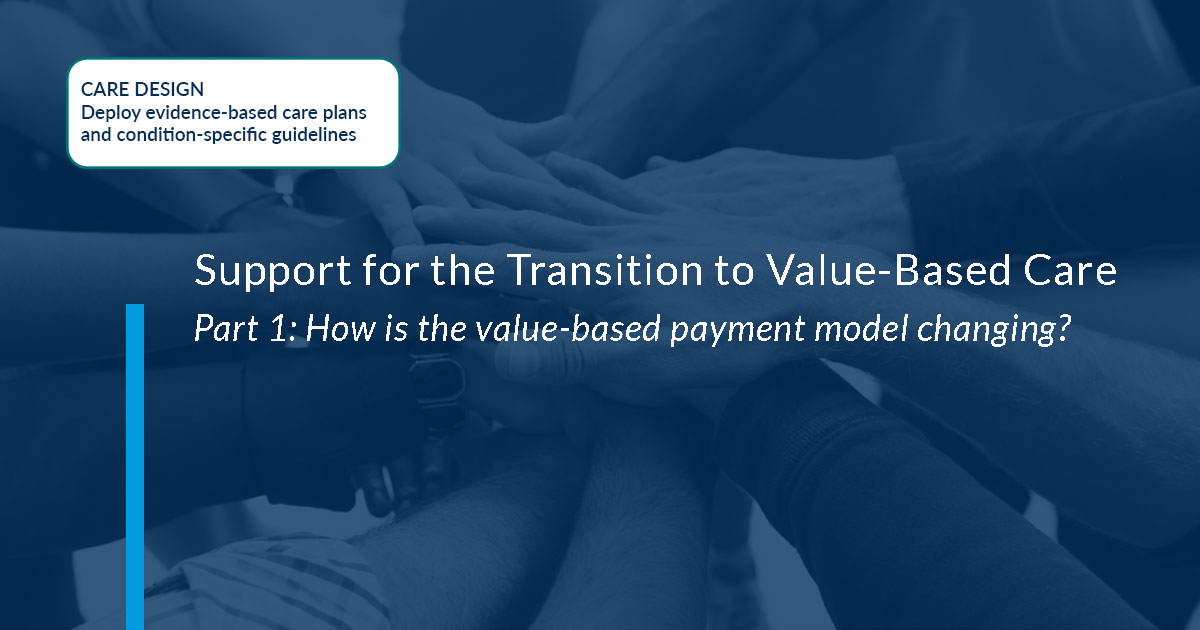AristaMD Names Eric Urquiza Sr. Vice President of Operations & Client Experience as Company Continues Expansion of Its Care Transition Platform
SAN DIEGO – February 2, 2023 – AristaMD, AristaMD, a digital healthcare company specializing in eConsult and referral management services, announced today the promotion of Eric Urquiza from vice president of client experience to senior vice president of operations and client experience.
Urquiza brings 20 years of experience spanning senior roles in client service, account management and health technology operations. He successfully managed strategic client relationships at AristaMD and introduced data and tools to demonstrate quality and efficiency gains brought about by using the company’s eConsult services.
“It is with great pleasure that I announce Eric Urquiza’s appointment to this key position and as the newest member of our leadership team,” said Brooke LeVasseur, CEO of AristaMD. “Eric’s talent and dedication to customer care made him the clear choice for this role, and I am confident he will create operational efficiencies and further demonstrate the value of our platform to our clients.”
With a remit of creating operational efficiencies around client performance metrics and advancing the organization’s onboarding and training programs, Urquiza will serve as Sr. Vice President of Operations & Client Experience. In this expanded role, he will execute strategic initiatives to improve the clinic experience, increase provider engagement, and grow platform utilization.
“My focus is helping our users meet the needs of patients regardless of their location and care requirements since joining AristaMD,” said Urquiza. “I am excited to enhance our operations in ways that elevate our market-leading healthcare platform and simplify onboarding and usage for our customers.”
Before joining AristaMD, Urquiza served as the Client Services Director and Implementation Director for AccessHope/City of Hope. Previously, he served as Senior Engagement Owner at Cerner Corporation and Project Deployment Manager and Customer Solutions Consultant at Omnicell. He holds a Bachelor of Science in business and a Master of Business Administration from the University of Redlands.

Care transition platform supports value-based care
Value-based care is a trending topic and an industry buzzword. Value-based care payment models emphasize quality over quantity of care. Providers are rewarded for improving:
- Health outcomes
- Patient satisfaction
While CMS and other payers incentivize primary care providers to raise the overall quality of care by rewarding providers for efficiency and efficacy. The programs offer a few actionable steps to make value-based care a reality, but they don’t offer a care transition platform to help facilitate in-network specialty care.
How can a provider tangibly deliver better, more efficient, and more effective care? Truly, the answer is as simple as eConsults. eConsults are proven to save patients money and reduce the cost of care for both providers and payers. eConsults serve as a preventive measure in specialist backlogs and worsened health outcomes resulting from delayed patient care. Additionally, eConsults improve the accessibility of quality care to those in lower-income, rural and other underserved areas.
What is value-based care?
While almost everyone working in healthcare today is familiar with the phrase “Value-based Care”, it’s important to articulate a common definition. In 2006, Michael Porter and Elizabeth Teisberg explained the value equation as: Value equals quality divided by cost. This definition of value-based care has evolved from the Porter-Teisberg definition to describe the payment model or form of reimbursement which ties payment for care to the quality of care provided. This form of reimbursement has emerged as an alternative and potential replacement for fee-for-service reimbursement, which pays providers retrospectively for services delivered based on bill charges or annual fee schedules.

